US, Germany strike deal on Russian Nord Stream 2 pipeline
The United States and Germany have reached an agreement on the Nord Stream 2 gas pipeline which will allow completion of the $11 billion project.
The agreement announced on Wednesday is aimed at investing over 200 million euros in energy security in Ukraine as well as sustainable energy across Europe.
The pipeline, now 98% complete, is being built under the Baltic Sea to carry gas directly from Russia's Arctic region to Germany.
The latest agreement was announced hours after Russian and German leaders expressed joint “satisfaction” with the project which has been heavily frowned upon by the United States.
The US and its European allies claim the project would increase “energy dependence” on Russia and contribute to Moscow's geopolitical influence.
Media outlets belonging to the Western anti-Russia camp have been focusing on the pipeline’s bypassing of Ukraine's gas infrastructure, saying that the project “deprives” Kiev of around a billion euros annually in transit fees—as if through Moscow’s direct intention.
Germany, under the new deal, will "utilize all available leverage" to extend, by 10 years, the Russia-Ukraine gas transit agreement, which is a source of major revenues to Ukraine that expires in 2024.
Berlin will also contribute at least $175 million to a new $1 billion "Green Fund for Ukraine" which aims to improve the country's energy independence.
The new pact, which faces political opposition in the United States and Germany, threatens to impose costs on Russia if it seeks to use the pipeline to harm Ukraine or other regional countries.
A joint statement setting out the details of the new deal said Washington and Berlin were "united in their determination to hold Russia to account for its aggression and malign activities by imposing costs via sanctions and other tools."
“Should Russia attempt to use energy as a weapon or commit further aggressive acts against Ukraine, Germany will take action at the national level and press for effective measures at the European level, including sanctions to limit Russian export capabilities to Europe in the energy sector,” a senior State Department official said on a call with reporters on Wednesday.
The US "will certainly look to hold any future German governments accountable for the commitments that they have made in this," added the official who spoke on condition of anonymity.
The US will also retain the prerogative of imposing sanctions in case Russia uses energy as a tool of coercion.
The official said the United States and Germany are “resolutely committed to the sovereignty and territorial integrity” of Ukraine and therefore, consulted closely with Kyiv on this matter.
Relations between Moscow and Kiev deteriorated when the then-Ukrainian territory of Crimea voted to fall under Russian sovereignty in a referendum in 2014. More than 90 percent of the participants in the referendum voted in favor of unification.
Washington, however, brands the reunification as annexation of Ukrainian land by Russia, which strongly rejects the allegation.
The US has expanded its military support of the Ukraine military since 2014 and begun sending warships and fighter jets to Ukraine near the Russian border to support Kiev in the face of what it calls Russian threats.
The US and its Western allies accuse Moscow of stirring tensions through the military build-up along its border with Ukraine. Russia, however, says it is taking defensive measures on its own territory in the face of increased NATO activity in Ukraine.
Iran received no concrete US proposal in Oman talks: Security chief
Nouri al-Maliki defends Hashd al-Shaabi as inseparable part of Iraqi security system
British PM Keir Starmer faces calls to resign
Iran’s Kowsar satellite beams Islamic Revolution anniversary message across region
VIDEO | Press TV's news headlines
VIDEO | Indian regions celebrate Iran’s Islamic Revolution anniversary
Iran’s missile program will never be on negotiating table: Shamkhani
Hezbollah: 47 years of Iranian progress proof of ‘abject failure’ of Western plots


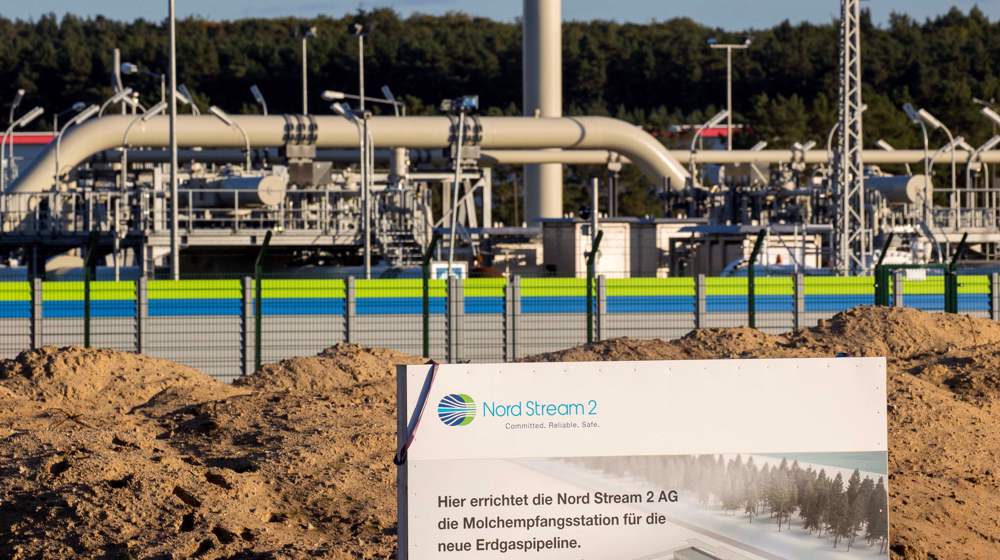
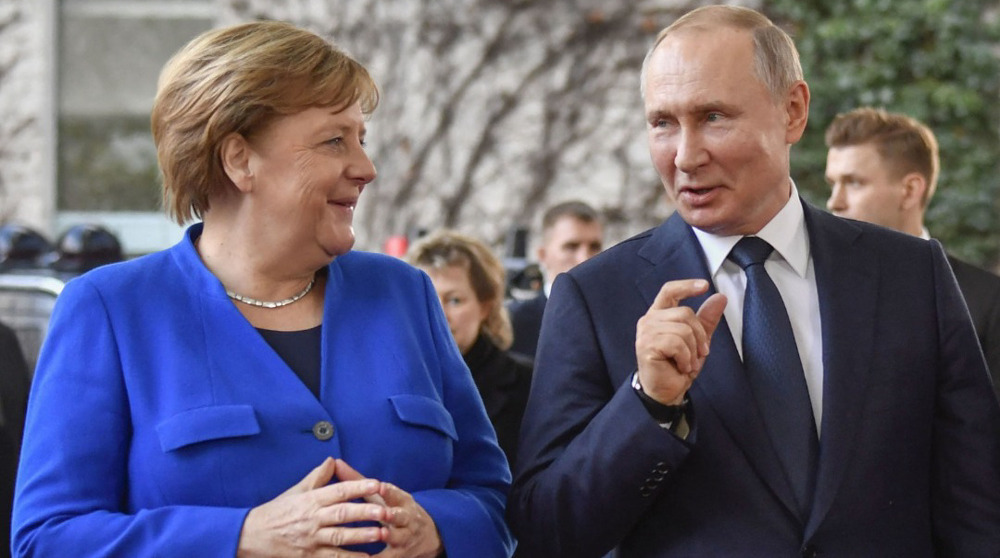
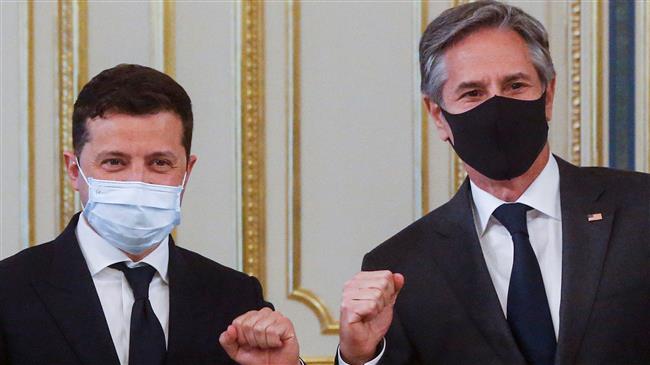

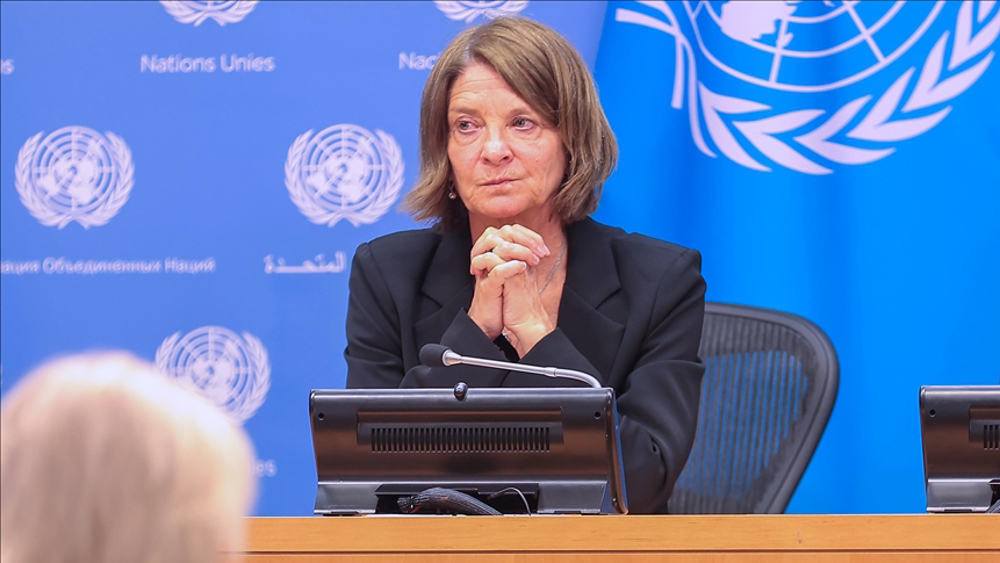
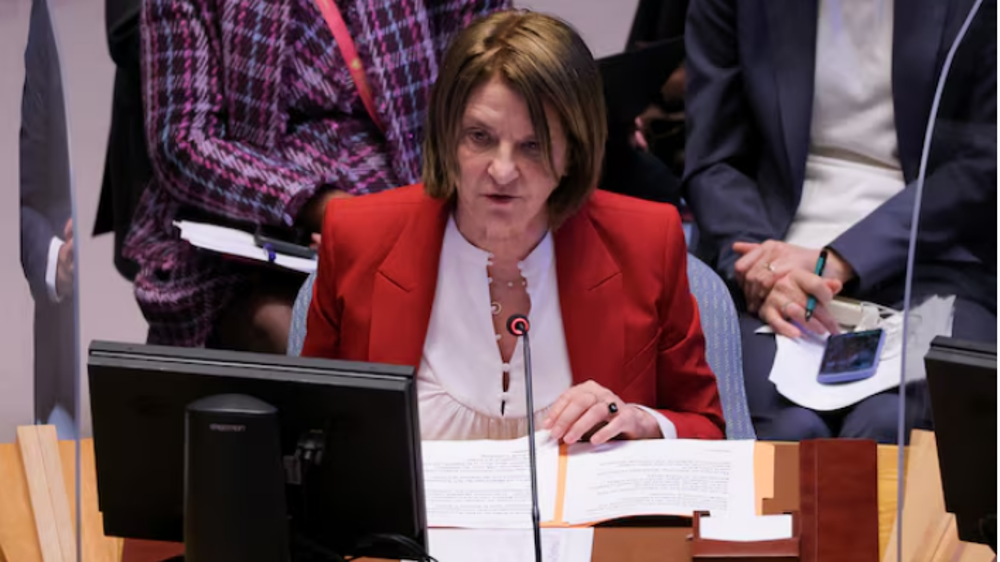
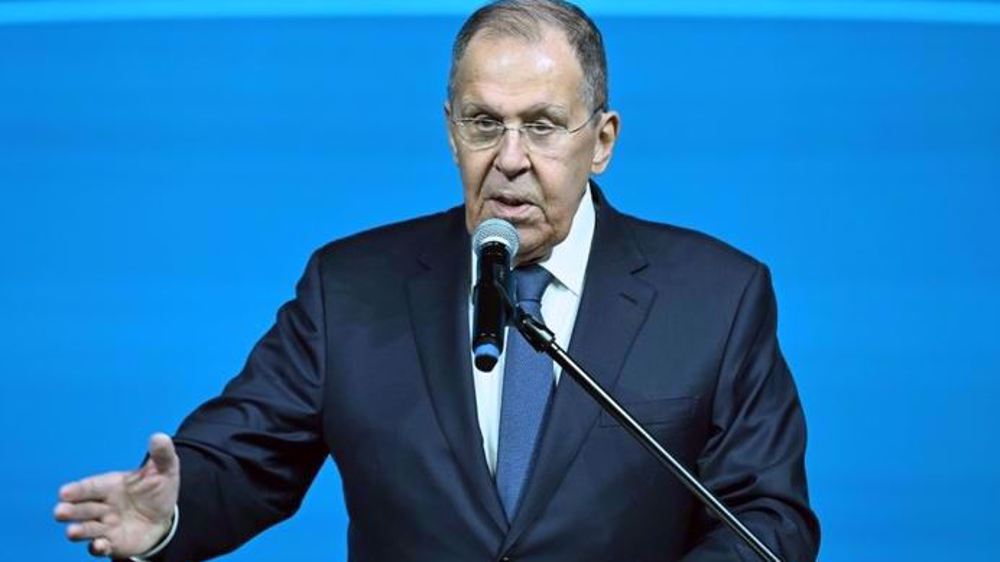



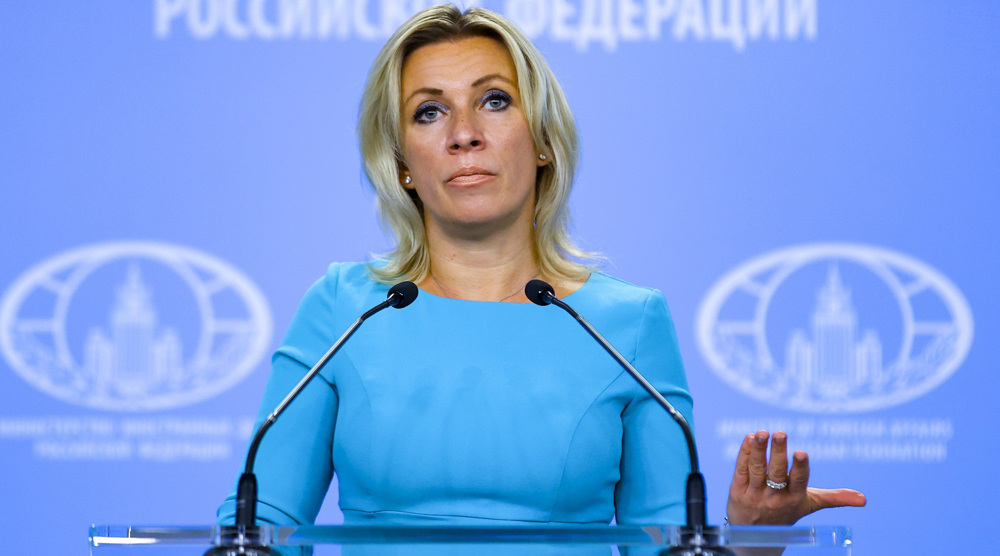

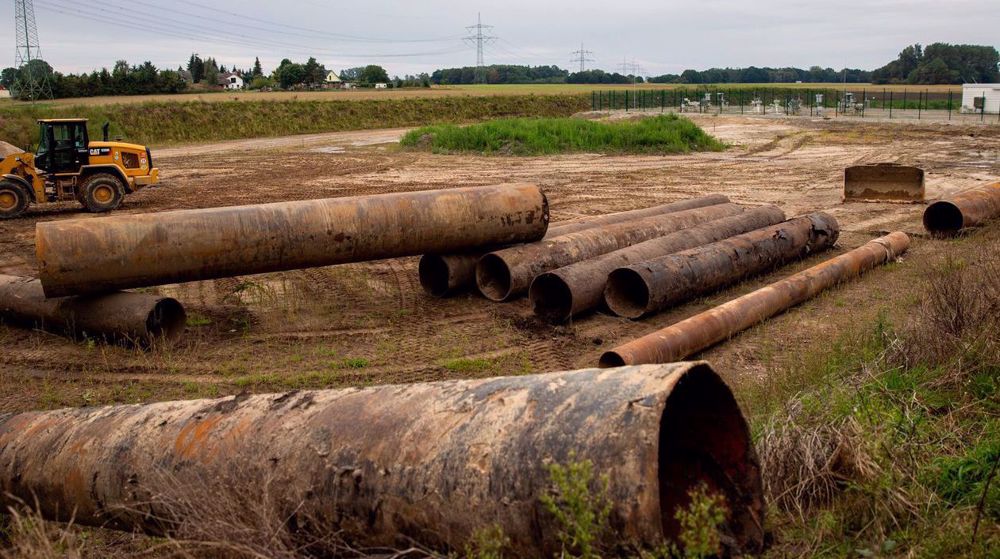
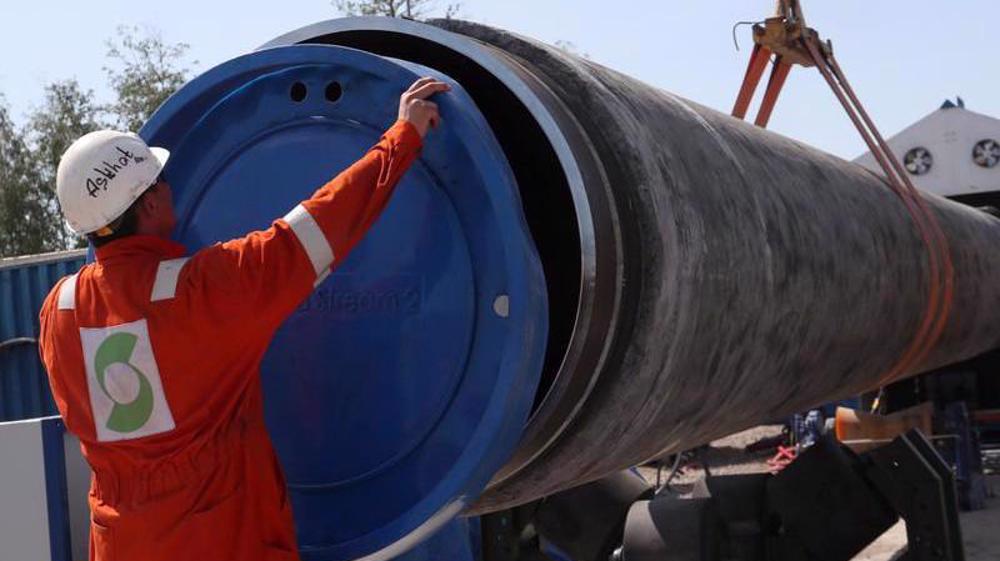

 This makes it easy to access the Press TV website
This makes it easy to access the Press TV website